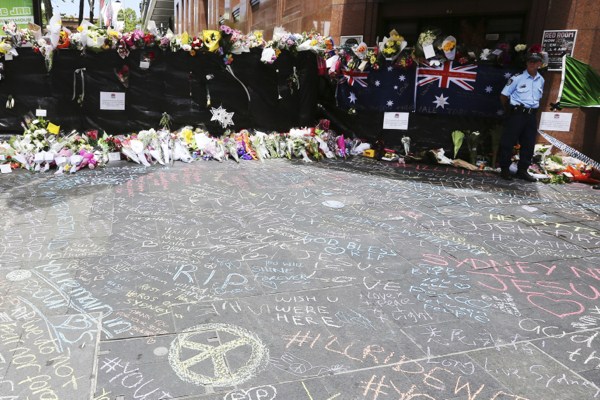Following the 9/11 attacks, U.S. national security strategy focused with laser-like intensity on militant organizations that supported transnational terrorism, particularly al-Qaida. While it was never proven that al-Qaida’s sanctuary in Afghanistan was essential for the attacks, the connection between foreign sanctuary and terrorism became so deeply etched in the American psyche that eradicating militant sanctuaries, both real and theoretical, became an inextricable part of stopping transnational terrorism. Thus began what became known as the Global War on Terrorism.
As the United States and its allies pummeled al-Qaida in the ensuing years, support for transnational terrorism shifted from that organization’s core in its Pakistani sanctuary to its franchises in places like Yemen. But at the same time a new danger emerged: violence undertaken by individuals or small groups who were inspired by al-Qaida and its ilk, but without direct ties to the militant organizations. This became known as “lone wolf terrorism.”
Both al-Qaida and the so-called Islamic State (IS) now implore their sympathizers to attack civilian and military targets in the West. “If you can kill a disbelieving American or European—especially the spiteful and filthy French—or an Australian, or a Canadian, or any other disbeliever from the disbelievers waging war, including the citizens of the countries that entered into a coalition against the Islamic State, then rely upon Allah, and kill him in any manner or way, however it may be,” said IS spokesman Abu Mohammed al Adnani in a September video. “Kill the disbeliever whether he is civilian or military.”

